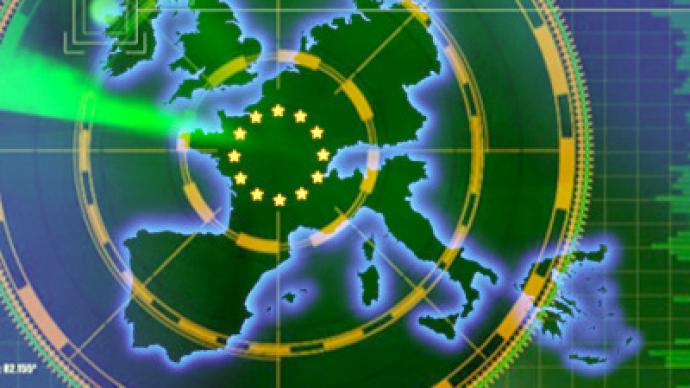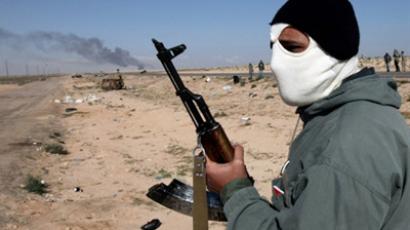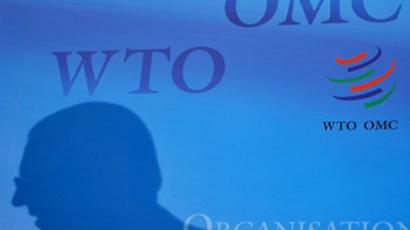Moscow to push for European AMD in Deauville

European AMD system and Russia’s accession to the WTO will be the main issues on the agenda for Russian president Dmitry Medvedev during talks at the G8 summit in Deauville, according to presidential aid Arkady Dvorkovich.
It is expected that there will be progress in the talks between the US and Russia on the US anti-missile defense shield in Europe, Dvorkovich said. “The new meeting of [Russian and American leaders] will be a step forward for this issue… Anyways, a series of meetings is scheduled and we expect to make progress on this matter,” the official commented, adding that “dialogue would continue”.At the same time, Dvorkovich pointed out that the issue is complicated, or in his words, “burdened by the past”, and there is still a lack of mutual trust regarding some key questions. In this regard, he believes “it is essential to build a pattern of trust between the militaries as well a mutual framework” for action. The principle of “trust but check” is as vital as ever. Moscow is pushing for the creation of the sectarian AMD system in Europe to be based on a territorial principle. President Medvedev came up with the initiative last November during a Russia-NATO summit in Lisbon. His proposal suggests that AMD elements should be distributed across Europe on a mutually agreed basis in order to counter common threats. Earlier in May, the head of Russia’s General Staff Nikolay Makarov stated that Russia is ready to discuss all constructive proposals regarding the European missile defense, but wants guarantees from NATO that the system in the making will not pose a threat to Russia’s strategic nuclear forces.
Moscow and Washington also want to discuss Russia’s accession to the WTO.
Russia’s accession to the WTO will be another key topic for talks between president Medvedev and Obama during the G8 summit. However, this is going to be a thorny issue, Arkady Dvorkovich noted. “There are differences between the US and Europe regarding several markets, including the meat market. For the time being we cannot strike a balance between the interests of Europe, the US and Europe in order to agree on the final terms of Russia’s accession to the WTO,” Dvorkovich told journalists on Tuesday. In November of last year, first deputy prime minister Igor Shuvalov said that Russia and the EU had settled all of their differences on this issue.
Kuril issue to top Russia-Japan agenda
On the sidelines of the summit, scheduled for the 26-27 May, president Dmitry Medvedev and Japanese prime minister Naoto Kan will discuss the topic of the Kuril islands, which has soured bilateral relations for decades. “It is important to stick to a practical approach and to avoid extremes,” Dvorkovich noted. Tokyo still considers Lesser Kuril Islands, which became part of Russia as a result of the Second World War, its “northern territories” and has been pushing for their return.Tensions between Japan and Russia intensified last year when president Medvedev became the first leader of the country to visited Kurils since the end of WW2. A number of top Russian officials then followed, each causing outrage on the Japanese side.
“Arab spring” in the spotlight
As for the multilateral issues, the situation in the Middle East and North Africa will be the key topic for G8 leaders. According to Dvorkovich, several sessions will be devoted to this issue. “Russia believes that it is necessary to observe the decisions of the UN Security Council in regards to this matter. We also believe that there are problems in terms of how these resolutions are being interpreted,” Dvorkovich said, reiterating Moscow’s stance.














